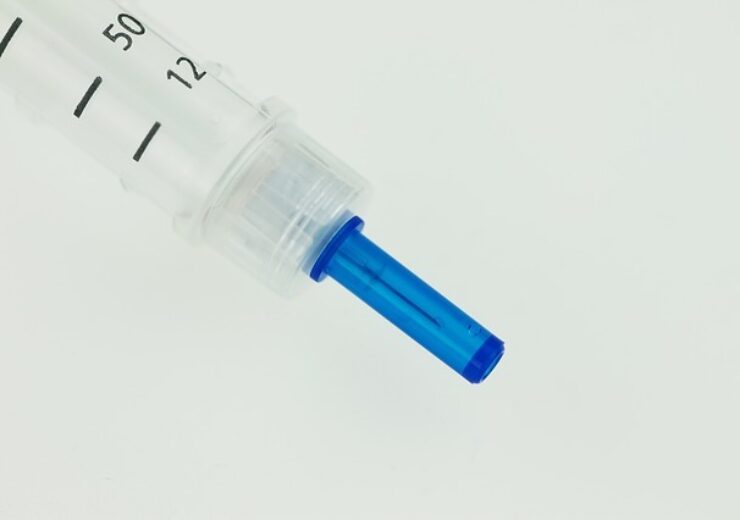The CGM system utilises a small wearable sensor and transmitter to continuously measure and send glucose levels wirelessly to a smart device

Dexcom hospital CGM system has secured FDA breakthrough status. (Credit: E Eeasyc from Pixabay)
DexCom has secured breakthrough device designation from the US Food and Drug Administration (FDA) for the use of its continuous glucose monitoring (CGM) system in hospitals.
Designed to use in the hospital setting, the system utilises a small wearable sensor and transmitter to continuously measure and send glucose levels wirelessly to a smart device.
The CGM system helps to deliver real-time glucose data without using fingersticks.
To eliminate potentially dangerous low and high blood sugar events, Dexcom CGM also provides customisable alerts and alarms.
San Diego-based Scripps Whittier Diabetes Institute corporate vice president and endocrinologist Dr Athena Philis-Tsimikas said: “In our extensive use of Dexcom CGM in our hospitals as part of exploratory studies over the last seven years, more than 800 of those patients treated during the pandemic, we have found that the device improves glucose control without any increased risk in hypoglycemia.
“Breakthrough Device Designation from the FDA could be transformative for using CGM for in-patient care in hospitals.”
According to Dexcom hospital general manager, vice president Gil Rivas, the FDA has also enabled hospitals to use Dexcom CGM to manage patient glucose levels during the Covid-19 pandemic.
In December 2019, Eli Lilly entered into a global commercialisation agreement with DexCom to integrate the latter’s products into its under-development personalised diabetes management system to advance the treatment of diabetes.
Based in San Diego, California, Dexcom offers advanced continuous glucose monitoring systems to simplify and enhance diabetes management across the world.
